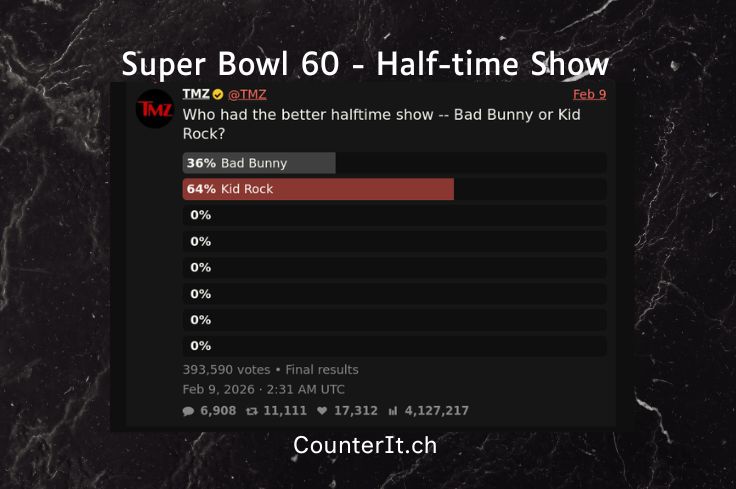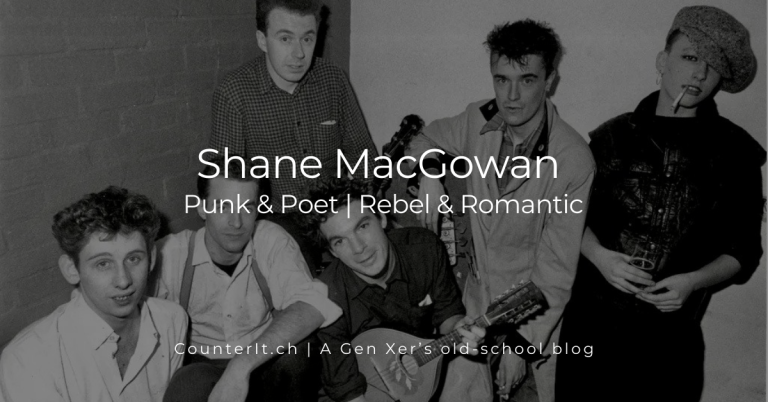According to my sociological research, which entails anecdotal evidence across many years and different locations in the USA, at least 67% of Americans are Irish…on Saint Patrick’s Day. This weekend will be no different.
Therefore: Éire go Brách!1Anglicized: Erin go Bragh, which means “Ireland Forever,” or more literally, “Ireland to the end of time.”
Past Celebrations
In the days of yore, some of the more memorable St. Patrick’s Day celebrations for me were when I lived in Dallas. A couple of times I participated in running “races” (5K and 10K distances). Celebrations either after the race, or on the weekend, included green beer and visits to pubs on Lower Greenville Avenue that went full Irish-themed. Several places would include live performances of traditional Irish folk music. Fun times.
Irish Traditions
I’m not culturally Irish, as I’ll explain below, but I like to recognize Saint Patrick’s Day because I was raised Catholic; graduated from an Irish-oriented Catholic school; and, am genetically part Irish/Gaelic, which I’ll explain further.
So, this year, like last year, I’ll bake some Irish Soda Bread and smear authentic Irish butter on it.
For instance, here are two pictures of my Irish Soda Bread from last year:
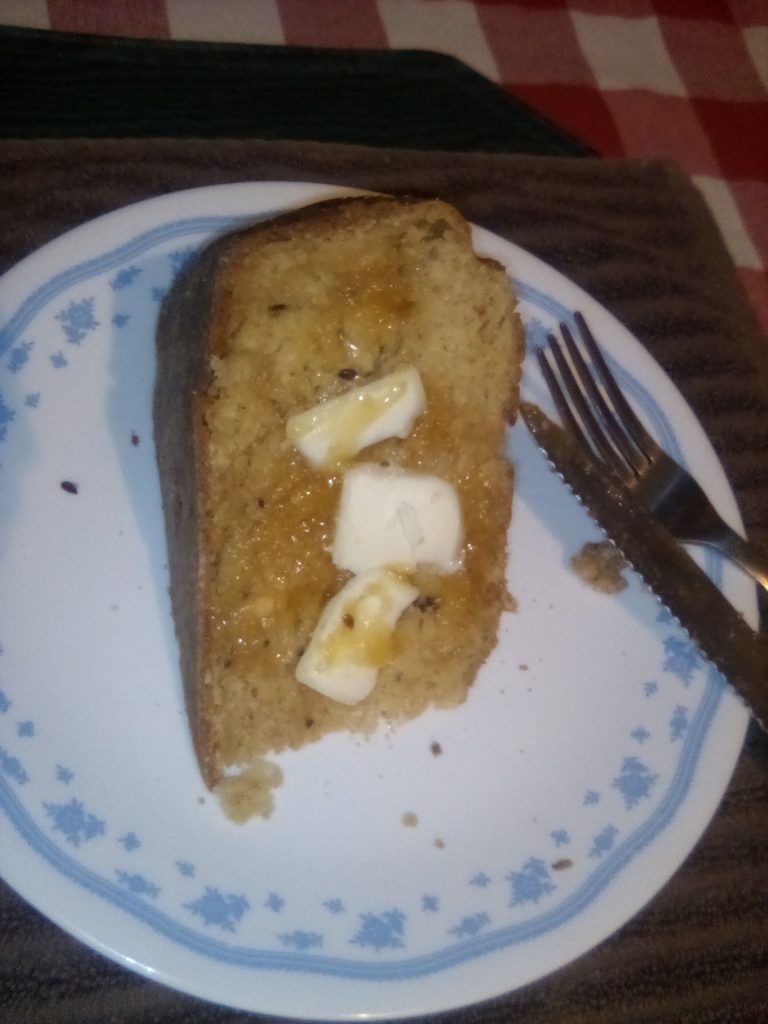
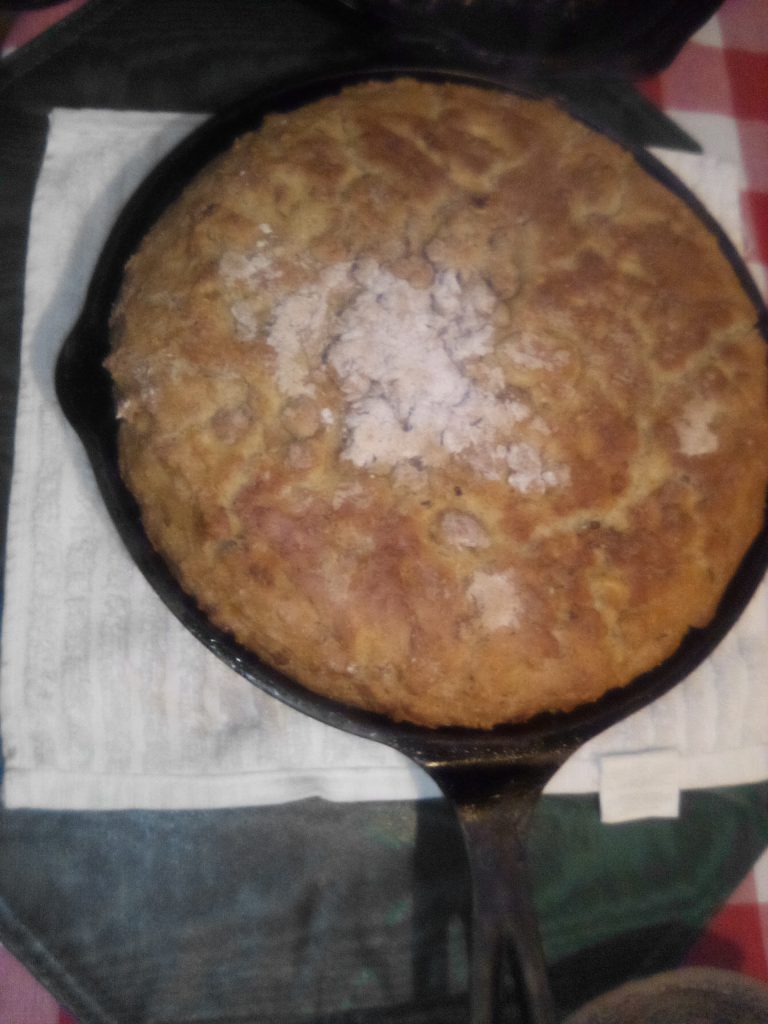
I used a cast iron, Dutch oven and real Irish butter.
This year I’ll be using this pure Irish butter, made with milk from grass-fed cows in Ireland, that I bought from ALDI grocery store.
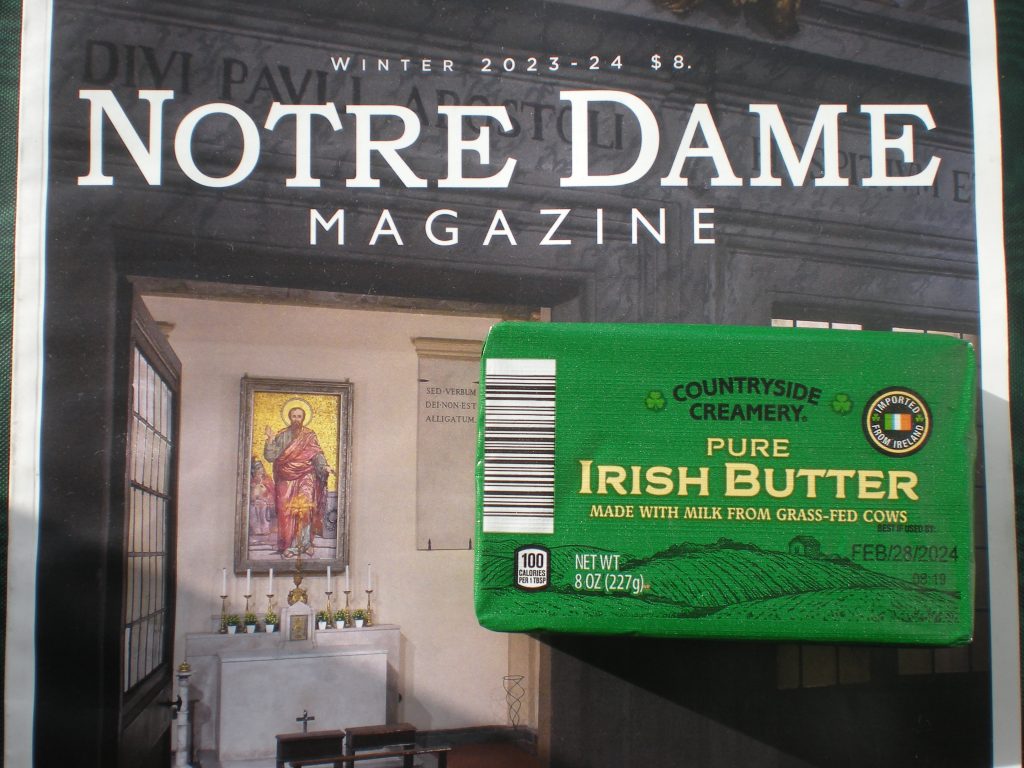
I think I bought the butter in early February, but the stamp on it states, “best if used by: Feb/28/2024,” so I need to put it to use.
To top off the holiday, I’ll listen to some traditional Irish tunes.
An Irish Blessing and Folk Songs
I saw this blessing at the beginning of a related music video by The Pogues:
May the Irish hills caress you May her lakes and rivers bless you May the luck of the Irish enfold you And may the blessings of Saint Patrick behold you
Also, here’s a pot-of-gold Irish Blessing shared by Coventry League in 2022 for Saint Patrick’s Day.
Ballad of Jack Larkin
The first music video is a traditional Irish song, “The Ballad of Jack Larkin,” sung in someone’s kitchen.
The singer needs no instruments or auto-tune microphones. Just a good melody. At the end of the video one of the guys sitting at the kitchen table says, “That was absolutely fockin’ classic.” The man is not wrong. I almost wanted to pour meself a pint of Guinness after listening to that ballad (they already had a few pints, based on those empty cans on the kitchen table).
I know this man [Noel Gannon]. He’s my mum’s boyfriend. I’m afraid the only way to hear him sing is to visit him at his home and feed him Guinness. He’s a true gem.
Youtube commenter, @aaronbura296
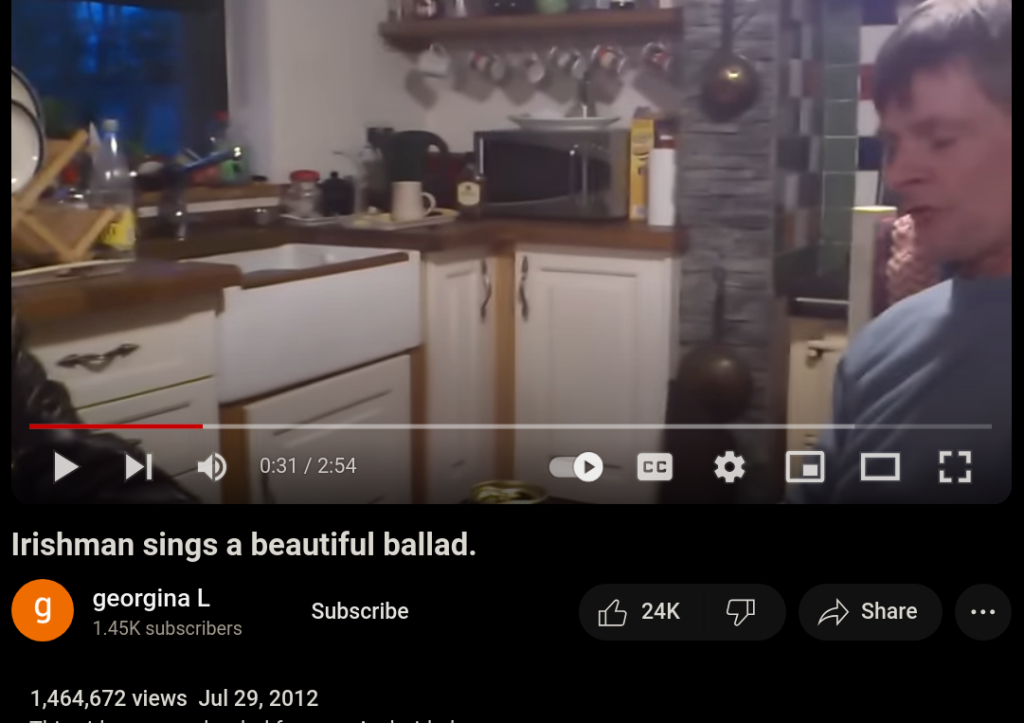
The Rocky Road to Dublin
The second song is “The Rocky Road to Dublin.”
In the music video (circa 1968), vocals is by Ted McKenna and guitar is by Gordon McKenna.2The video is a clip from a controversial movie by the same name. It references how Ireland got its independence from England/Britain but almost immediately went on to betray its republican ideals. I allude to a similar theme and betrayal regarding the decline, and ultimate fall, of the Roman Empire later in this post.
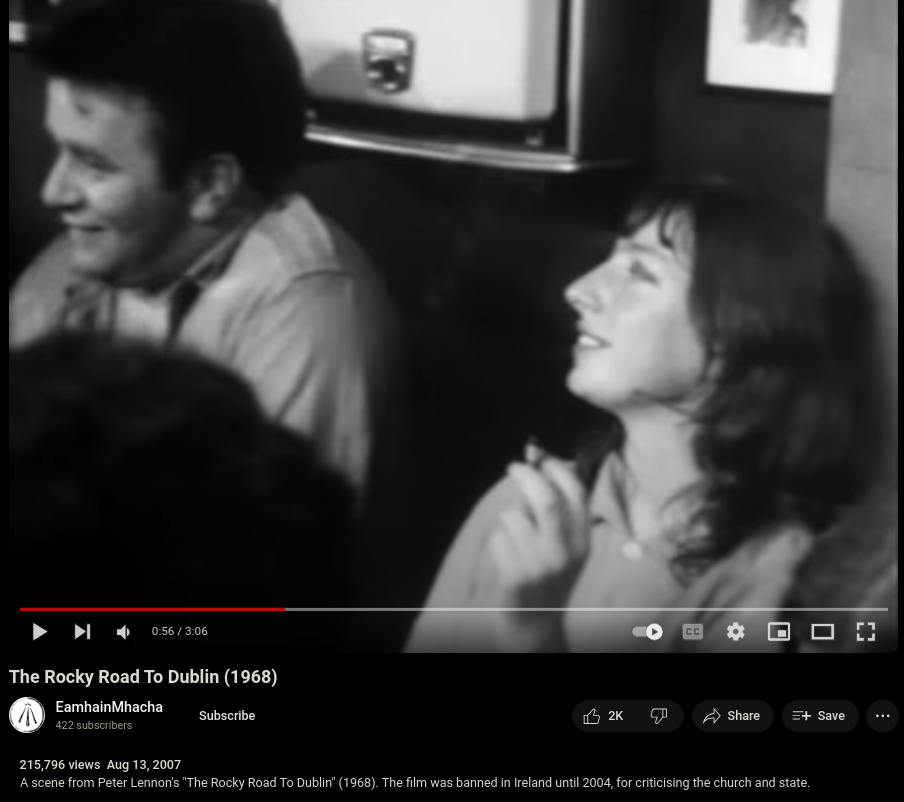
The lyrics below are from a separate video. It’s the same song, but just covered by a different band, The Tossers.
Lyrics
While in the merry month of May from me home I started, Left the girls of Tuam so sad and broken hearted, Saluted father dear, kissed me darling mother, Drank a pint of beer, me grief and tears to smother, Then off to reap the corn, leave where I was born, Cut a stout black thorn to banish ghosts and goblins; Bought a pair of brogues rattling o'er the bogs And fright'ning all the dogs on the rocky road to Dublin. One, two, three four, five, Hunt the Hare and turn her down the rocky road all the way to Dublin, Whack follol de rah ! In Mullingar that night I rested limbs so weary, Started by daylight next morning blithe and early, Took a drop of pure to keep me heartfrom sinking; Thats a Paddy's cure whenever he's on drinking. See the lassies smile, laughing all the while At me curious style, 'twould set your heart a bubblin' Asked me was I hired, wages I required, I was almost tired of the rocky road to Dublin. One, two, three four, five, Hunt the Hare and turn her down the rocky road all the way to Dublin, Whack follol de rah ! In Dublin next arrived, I thought it such a pity To be soon deprived a view of that fine city. So then I took a stroll, all among the quality; Me bundle it was stole, all in a neat locality. Something crossed me mind, when I looked behind, No bundle could I find upon me stick a wobblin' Enquiring for the rogue, they said me Connaught brogue Wasn't much in vogue on the rocky road to Dublin. One, two, three four, five, Hunt the Hare and turn her down the rocky road all the way to Dublin, Whack follol de rah ! From there I got away, me spirits never falling, Landed on the quay, just as the ship was sailing. The Captain at me roared, said that no room had he; When I jumped aboard, a cabin found for Paddy. Down among the pigs, played some hearty rigs, Danced some hearty jigs, the water round me bubbling; When off Holyhead I wished meself was dead, Or better for instead on the rocky road to Dublin. One, two, three four, five, Hunt the Hare and turn her down the rocky road all the way to Dublin, Whack follol de rah ! Well the boys of Liverpool, when we safely landed, Called meself a fool, I could no longer stand it. Blood began to boil, temper I was losing; Poor old Erin's Isle they began abusing. "Hurrah me soul" says I, me Shillelagh I let fly. Some Galway boys were nigh and saw I was a hobble in, With a load "hurray !" joined in the affray. We quickly cleared the way for the rocky road to Dublin. One, two, three four, five, Hunt the Hare and turn her down the rocky road and all the way to Dublin, Whack follol de rah!
Irish Roots
Although I’m not culturally Irish, I’m genetically as much as 50% Gaelic (Irish/Scottish/Welsh). Some relatives say I’m 50% Irish. Others have said I have Scottish ancestry. And even others have said that my paternal family has English and perhaps even German roots. It’s likely that most are correct, given the intermingling of Gaelic people, especially among the Irish, Scottish, and Welsh people.
A Welsh Connection
I can say for certain, though, because of actual immigration documents that I have, that I’m at least 25% Welsh, from a nationality perspective.3As such, I’m technically of part “British” nationality, in modern-day political borders. Some of my paternal relatives, all of whom immigrated to America legally, arrived off the boat and then were processed and documented as speaking Welsh as their native language and being of South Wales origin.
However, this doesn’t mean that they were not genetically Irish. I think they were of Irish descent because, at some point, the family changed their Irish-oriented surname (Ó Catháin – meaning descendent of Cathán, which means battler; Cath means battle) to an anglicized variation (to Caine), probably after they moved from Ireland to South Wales, and then changed their surname again (to Kane) not long after moving to America from South Wales. But, I really don’t know definitely. Regardless, the vast majority of Gaelic people –from Ireland, Scotland, and Wales—are actually originally from Central Europe (Czech Republic, then Southern Germany, and then expanding elsewhere).
Does this really matter from a cultural perspective? No, it doesn’t.
My Culture
I’m no more Irish from a cultural perspective than, say, a Persian or a German or an Australian who might have Irish roots but was born and bred in Iran, Germany, or Australia and is of multi-generational descent in one of those countries.
My culture is predominantly “American” with distinct quirks, mannerisms, and dialects associated with Northeast Ohio and Western Pennsylvania. My secondary culture, which was more pronounced in my youth, is Italian. I’m 100% half Italian. This is fact, given some family members spoke both Italian and English (some with very broken English, too), and from immigration documents. Moreover, I even lived with my Italian grandparents for a year or two as a kid.
Who knows, maybe I’m distantly related to, or even a descendant of, Spartacus, the slave and great gladiator who rebelled against a then-corrupt Rome. Perhaps I should research this more thoroughly. Because, reparations!4Actually, I wouldn’t ask for reparations due to possibly being a descendant of Irish slaves or Roman slaves. Doing so could suggest that I’m some sort of victim and mentally weak. This type of mentality is a form of self-imposed mental slavery, as Bob Marley wrote in “Redemption Song.” On the other hand, I might be a descendant of Pertinax. He was the son of a former slave and ultimately became a Roman Emperor, according to the book, Pertinax: The Son of a Slave Who Became Roman Emperor. He demonstrated that “no matter how lowly your birth, you could rise to the very top through hard work, grit, and determination.”5To be clear: Yes, it’s possible, but not probable.
An Original Latino
In other words, I’m half Latino. The original, real Latino – not the made up, culturally misappropriated, modern day, redefined definition of Latino that has practically no meaningful connection to the Latin epicenter: the Latium (Lazio) region of Italy with Rome as the epicenter. I mean, I still have distant relatives who live in the province of Frosinone (Lazio region) and in the small village of Supino. [Not that I know them.]
Moreover, my mom was 100% Latina (Italian with ties to Latium/Lazio) who could understand some Italian and Latin, which she studied in high school (1950’s). The reason for the latter is that she attended traditional Catholic Mass, which was conducted in Latin. This style of Mass is called the Tridentine Mass, which began under Pope Pius V way back in 1570. However, during the counter-culture 1960’s and the Second Vatican Council (Oct. 1962-Dec. 1965), changes were brewing. By November 1969, Pope Paul VI introduced the “New Order Mass” (Novus Ordo Missae), and this has been the main style of Catholic Mass. Of course, there’s been a bit of a divide ever since, between the traditionalists and the new order-ists.
Nowadays, there are a limited number of churches that conduct Mass in Latin, even though it’s apparently becoming more popular, and demanded, by some Catholics. A desire to get back to the basics, probably.
As for me, I only have one church nearby, about seven miles away, that conducts Mass in Latin: Queen of the Holy Rosary Church in Vienna, Ohio. Otherwise, I’d need to drive to Akron or Cleveland (45 and 60 miles away, respectively). There are a lot of churches even farther away that offer Latin Mass, including The University of Notre Dame in South Bend, Indiana.
I’ll write more about this after Easter, when I share an update about my Lent.
A Book About Supino, Italy
Supino is interesting, and so is this book:
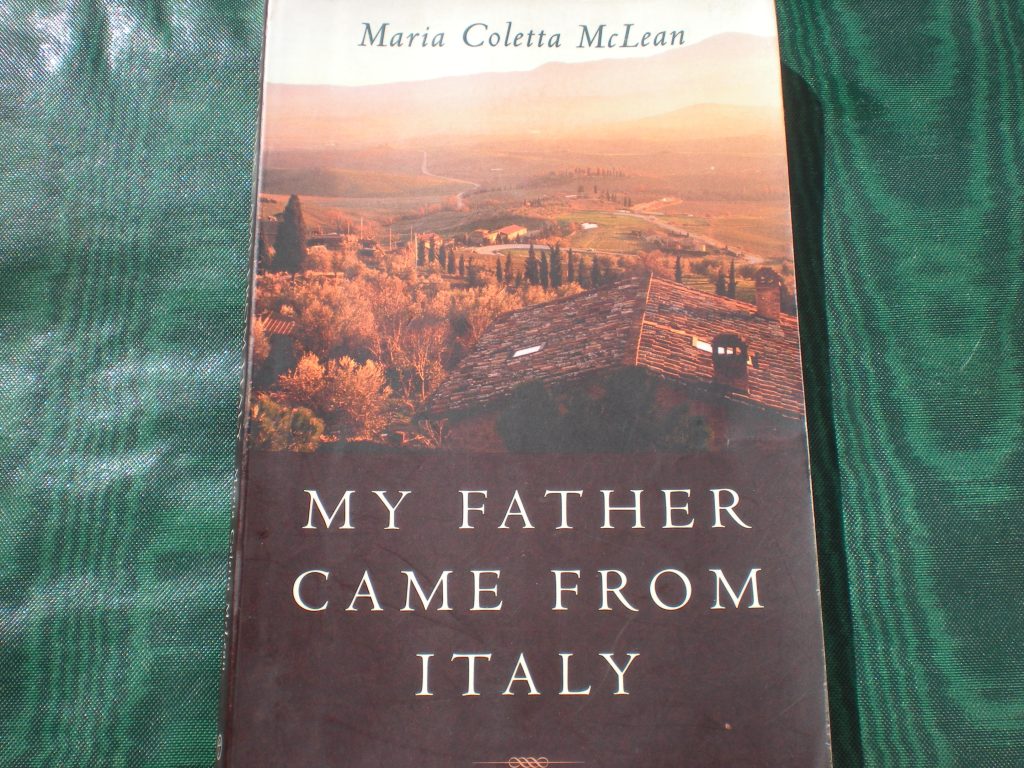
According to the book, My Father Came From Italy, by Maria Coletta McLean, Supino got its name because of Jesus:
“After 64 years Mezzabotte Coletta, a retired truck driver for a Toronto macaroni factory, is returning to his native Italia. In a village called Supino—said to take its name from the crossroads where Christ rested, supine, en route from Rome to Naples—is a fix-me-up villa bought sight unseen by his youngest daughter, Maria. While she and her husband Bob breathe in the chatter of local tradesmen, the fragrant offerings of well-wishing neighbours and the aroma of fine wines, her father awaits the day #10 Via Condotto Vecchio will summon its prodigal son. As father and daughter retrace history they pray to the Saint of Special Favours for a final and miraculous gift.”
Back Cover of Book (see image below)
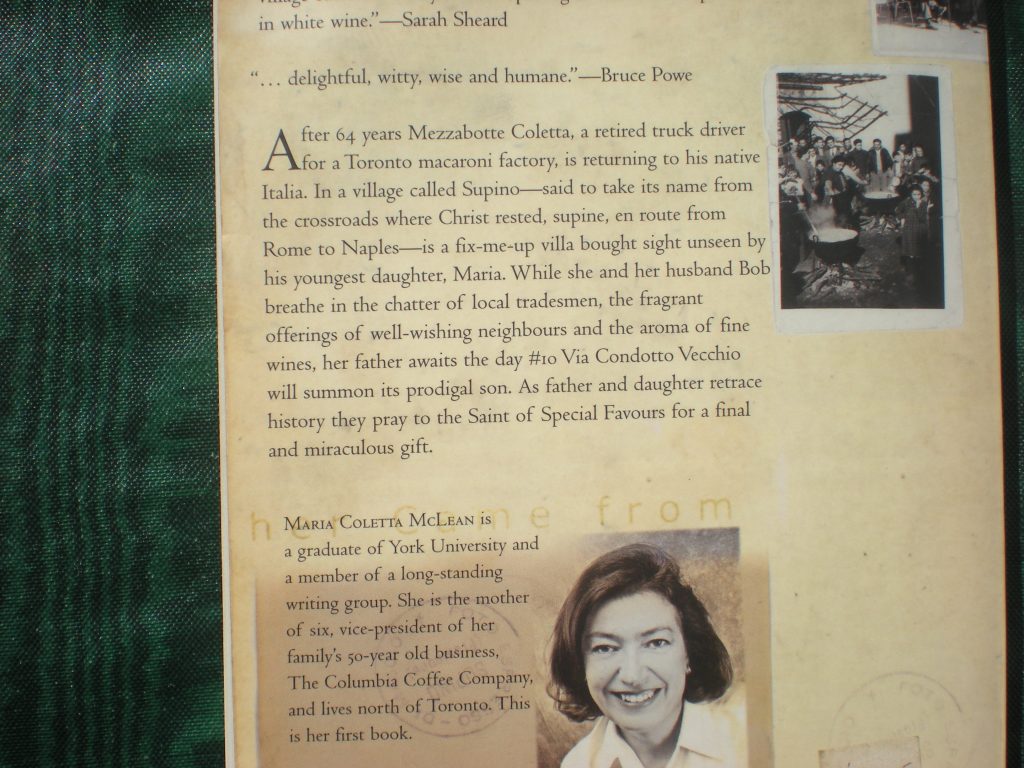
Last year the author shared a scenic picture of the Santa Serena Mountain in Supino, Italy (about 50 miles southeast of Rome) on her twitter account.6Here’s an archive in case the twitter link goes down. It’s hard for me to believe my relatives would have wanted to leave this beautiful place. But, I get it. Fascism and government tyranny can have that kind of affect on people.
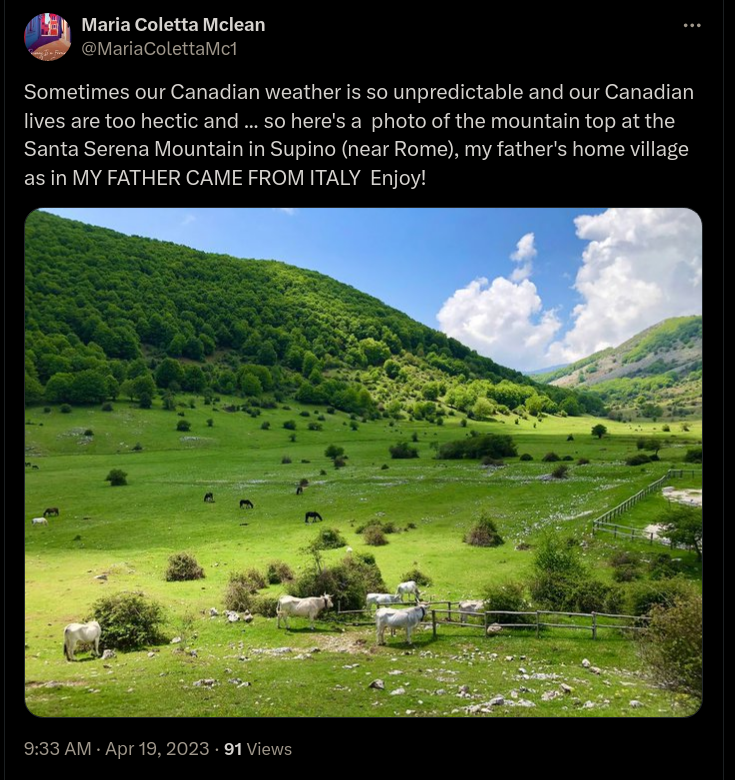
Come to think of it, maybe I’m distantly related to Maria Coletta McLean, too. After all, Supino is a small village!
Closing Words
All this said, I embrace my and other people’s honoring Irish and/or Catholic traditions to celebrate Saint Patrick’s Day. One can’t go wrong with authentic food, a pint or so of Guinness,7Shall I dare say, “drink in moderation”? song and dance, and philosophical conversation around a kitchen table or outdoor firepit.
Footnotes
- 1Anglicized: Erin go Bragh, which means “Ireland Forever,” or more literally, “Ireland to the end of time.”
- 2The video is a clip from a controversial movie by the same name. It references how Ireland got its independence from England/Britain but almost immediately went on to betray its republican ideals. I allude to a similar theme and betrayal regarding the decline, and ultimate fall, of the Roman Empire later in this post.
- 3As such, I’m technically of part “British” nationality, in modern-day political borders.
- 4Actually, I wouldn’t ask for reparations due to possibly being a descendant of Irish slaves or Roman slaves. Doing so could suggest that I’m some sort of victim and mentally weak. This type of mentality is a form of self-imposed mental slavery, as Bob Marley wrote in “Redemption Song.”
- 5To be clear: Yes, it’s possible, but not probable.
- 6Here’s an archive in case the twitter link goes down.
- 7Shall I dare say, “drink in moderation”?
